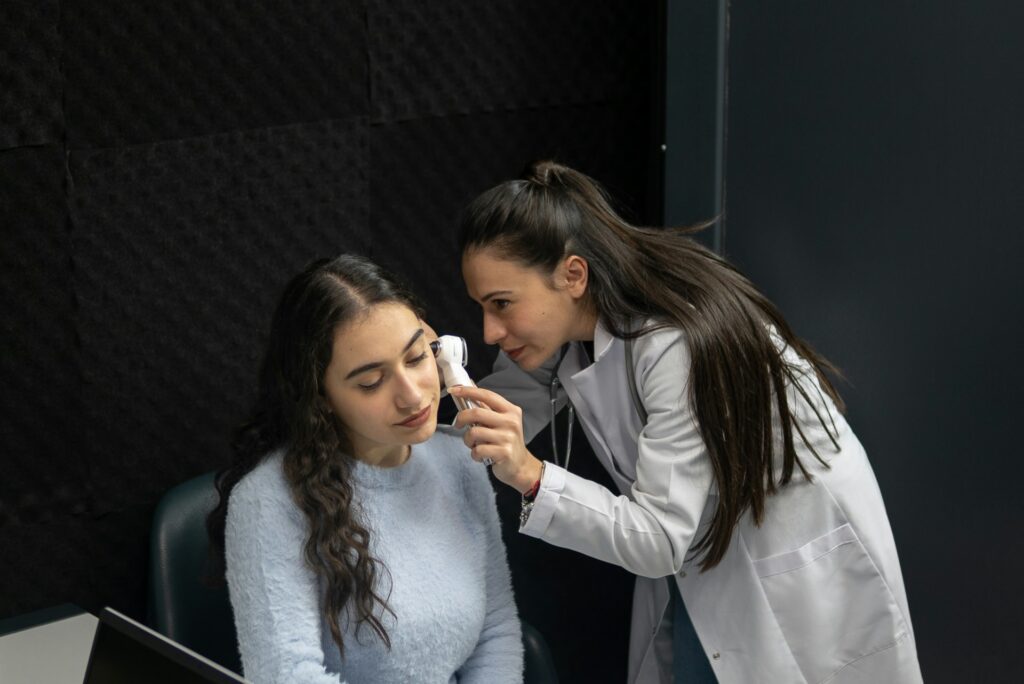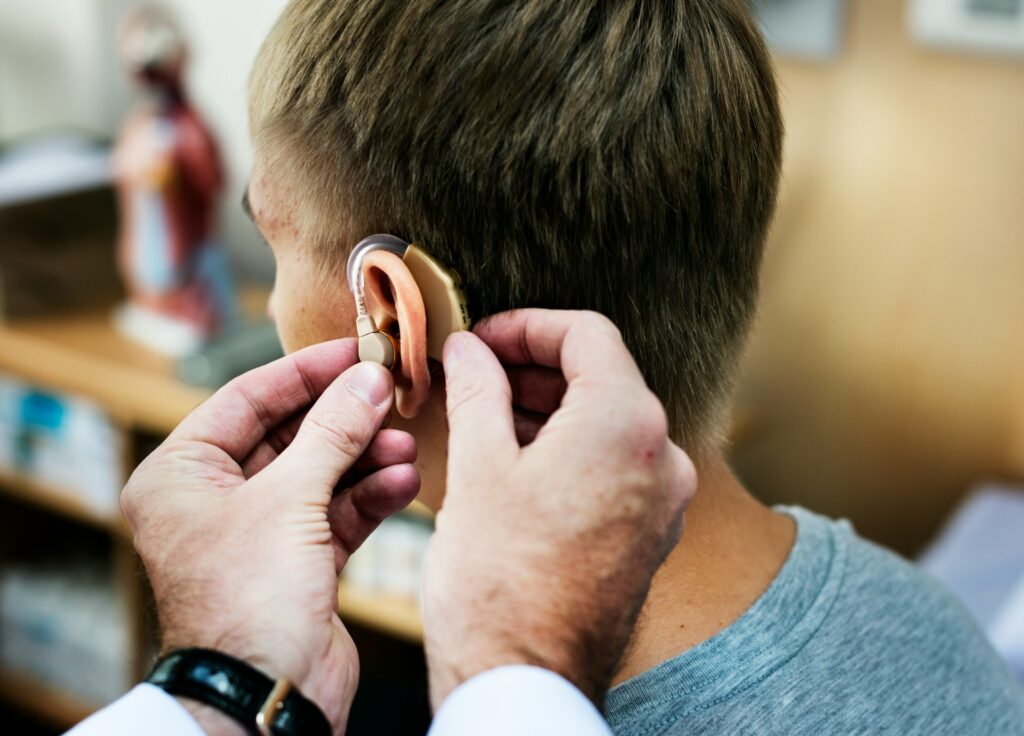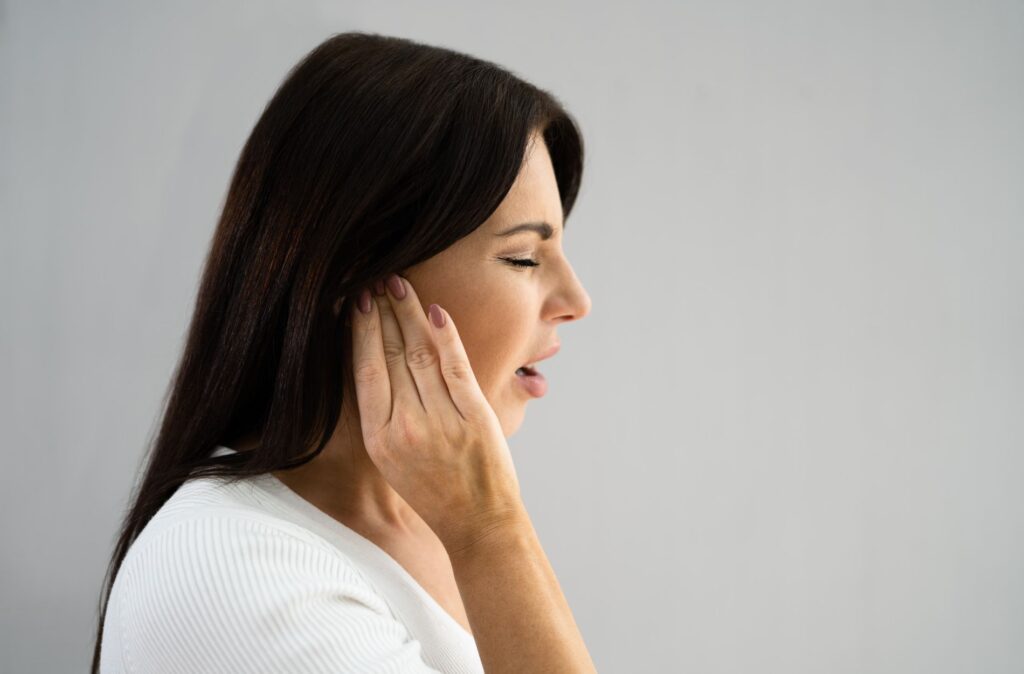Tinnitus, often described as ringing in the ears, affects many of us in varying degrees. It’s a condition that doesn’t pick favorites, targeting people of all ages, and it can range from being a mild annoyance to a major disruption in daily life. But what actually is tinnitus, and why do some of us experience it while others don’t? These questions are crucial in understanding how to manage, reduce, or even prevent the symptoms.
Firstly, it’s important to clarify that tinnitus isn’t a disease itself but rather a symptom of underlying conditions or factors impacting the auditory system. Often, it’s our body’s alert system indicating something isn’t quite right. By recognizing this, we can begin to look for the sources triggering its onset and address them directly. Also, understanding the causes and triggers of tinnitus empowers us to adopt measures that could potentially alleviate or better manage its symptoms.
Moreover, simple daytime habits and lifestyle changes can play a significant role in managing tinnitus. These adjustments might range from dietary changes to how we engage with sounds around us or even the use of specific devices designed to ease the auditory tensions that lead to tinnitus. As we navigate through these measures, it becomes increasingly salient to recognize when it’s appropriate to seek support from professionals, which might include routine hearing assessments or tailored advice for unique cases.
What Is Tinnitus and What Causes It?
Tinnitus is often experienced as a buzzing, ringing, or whistling sound in the ears, and it can occur with no external sound present. It’s essential to note that tinnitus is not a condition itself but a symptom of an underlying issue within the auditory system or related systems in the body. The exact cause of tinnitus isn’t always easy to pinpoint, but it can stem from various factors that affect hearing health.
One common cause of tinnitus is prolonged exposure to loud noises, which can damage the tiny hair cells in the inner ear that transmit sound to the brain. This type of damage is often seen in individuals who work in noisy environments or frequently enjoy loud music without adequate ear protection. Besides noise-induced damage, tinnitus can also result from age-related hearing loss, infections or blockages in the ear, and certain medications that are toxic to the ear’s sensory cells. Furthermore, conditions like high blood pressure, diabetes, and thyroid problems are linked to tinnitus, underscoring the need for a comprehensive health approach to manage the symptom effectively.
Top 5 Common Triggers for Tinnitus
Understanding the triggers of tinnitus is crucial for managing it effectively. Here are the top five common triggers that might exacerbate tinnitus symptoms:
- Loud Noises: Sudden or prolonged exposure to high decibel levels can worsen tinnitus temporarily or permanently, making it imperative to use hearing protection in noisy environments.
- Stress and Anxiety: Emotional stress can heighten tinnitus symptoms, creating a vicious cycle of stress and ringing that can be challenging to break.
- Poor Ear Health: Earwax build-up, infections, or ear canal blockages can pressure the eardrum and aggravate the perception of tinnitus.
- Certain Medications: Some prescription medications like NSAIDs, certain antibiotics, and diuretics are known to trigger tinnitus as a side effect. Always confirm with healthcare providers if tinnitus begins after starting new medications.
- Unhealthy Lifestyle Choices: Excessive consumption of caffeine, nicotine, and alcohol can intensify tinnitus symptoms for many individuals.
By identifying and understanding these triggers, individuals suffering from tinnitus can take proactive steps to minimize their impact, such as avoiding loud noises, managing stress, maintaining good ear health, reviewing medications with healthcare providers, and adopting healthier lifestyle choices. Managing these triggers is a pivotal step in controlling tinnitus symptoms and improving overall quality of life.
Daily Techniques to Manage Tinnitus Symptoms
Managing tinnitus involves daily habits and lifestyle adjustments that can significantly reduce the intensity and frequency of symptoms. We understand the importance of finding relief, so here are some hands-on techniques that anyone can apply to better manage tinnitus day-to-day:
– Sound Therapy: Utilising background noise can help mask tinnitus sounds. Soft music, environmental sounds, or white noise machines can provide relief and are especially useful during quiet periods or before sleep.
– Mindfulness and Relaxation: Regular practice of mindfulness, meditation, or breathing exercises can reduce stress and help manage the psychological distress associated with tinnitus.
– Hearing Aids: For individuals with hearing loss, hearing aids not only improve hearing but can also reduce tinnitus perception by enhancing the brain’s access to external sounds.
– Avoid Trigger Substances: Reducing intake of caffeine, nicotine, and alcohol can minimize the severity of tinnitus episodes as these substances can temporarily worsen tinnitus symptoms.
– Routine Sleep Practices: Establishing a consistent sleep schedule and creating a restful environment free from distractions can improve the quality of sleep, indirectly helping with tinnitus management.
By incorporating these techniques into everyday life, many people find their tinnitus becomes less bothersome, improving overall quality of life and mental health.
When to Seek Professional Help for Tinnitus
While tinnitus is often manageable with the above techniques, there are times when it’s crucial to seek professional help. If tinnitus becomes significantly disruptive, affecting sleep, concentration, or emotional well-being, it’s a signal to consult with a hearing specialist. Moreover, if tinnitus is accompanied by hearing loss or dizziness, it’s essential to get a comprehensive hearing test to rule out any underlying health conditions that might require specific treatment.
At our clinic, we offer specialized support and treatments tailored to individual needs. This could include advanced hearing aids designed to manage tinnitus, therapy for sound sensitivity, or even personalized strategies for enhanced well-being. Consulting with our professionals can offer insights and options that might not be otherwise apparent.
Conclusion
Living with tinnitus can be challenging, but it’s certainly manageable with the right approaches and understanding. From recognizing triggers and implementing daily management techniques to knowing when to seek help, each step you take brings you closer to regaining control over your tinnitus and enhancing your quality of life.
We believe that no one should have to manage tinnitus alone. If you’re experiencing these symptoms and need direction or support, we are here to help. Reach out to Country Hearing Care for hearing services in Australia.










